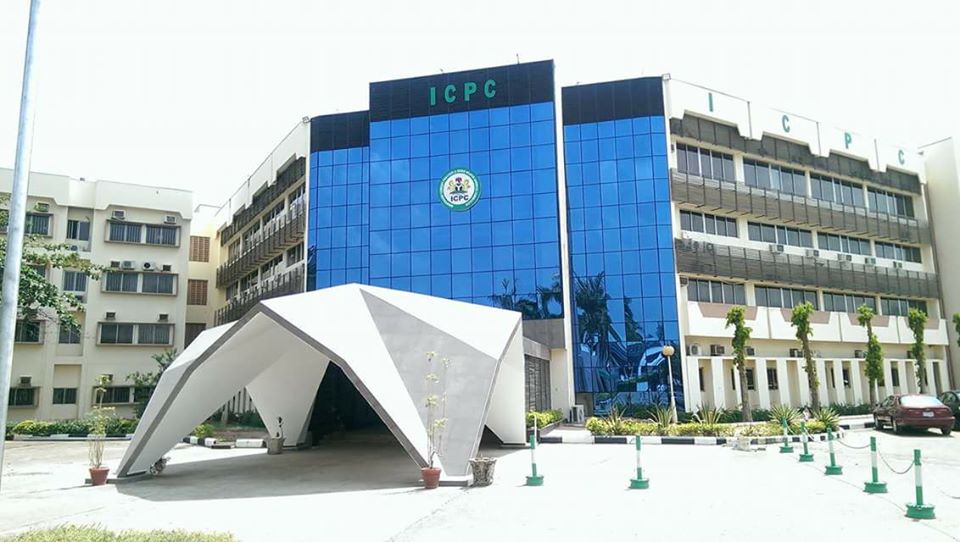The Chairman, Independent Corrupt Practices and Other Related Offences Commission (ICPC), Mr. Ekpo Nta, has recommended that public servants be given policy and leadership training early in their careers so as to make them more focused and effective at their jobs.
Mr. Nta made the recommendation while addressing participants of the Policy, Strategy and Leadership Course (PSLC) 21 of the National Institute for Policy and Strategic Studies (NIPSS), who were on a study tour to the Commission. He said that such training if given early, rather than at the twilight of their career, would provide them with the necessary skills to effectively deal with organisational, as well as, family issues they were confronted with.
The Chairman who presented a paper on: “The Role of ICPC in the War Against Corruption: Mandate, Strategies and Challenges” stated that corruption was a global issue which posed serious political, economic and social challenges to state and human development while adding that the African Union estimated that corruption cost African economies $148 billion annually.
The ICPC Chairman told the participants that the Commission’s mandate encompassed enforcement, prevention, education and public mobilization as enshrined in the Corrupt Practices and Other Related Offences Act, 2000.
He also noted that ICPC had recorded huge successes in the fight against corruption. These included many billions of naira recovered in cash and forfeited assets; system studies conducted in the universities, lands administration in the FCT, and various ministries, departments and agencies (MDAs). Mr. Nta added that corruption risk assessment had been executed in the ports and aviation sectors, while a national values curriculum had been developed and deployed in Basic Education 1-9, Post-basic and colleges of education, among others.
The ICPC Chairman further revealed that the Commission had developed an Ethics and Compliance Scorecard that was a similitude of Transparency International’s rating to be used in rating MDAs, the aim of which was to promote integrity, transparency and accountability.
Earlier in his address, Mr. Asipita Umar, Head of NIPSS Consult, who spoke on behalf of the delegation said that they were at ICPC because PSLC 21 had decided to look into a critical issue in the country’s national life which was corruption, and to find out the national policies that drove the Commission’s anti-corruption efforts, as well as, how they were impacting on the desired goal and to possibly call for their review where necessary.
Umar also revealed that about 13 officers of ICPC had participated in the PSLC in the past, saying that no other parastatal or ministry was competing with ICPC on the record of such a large number.


